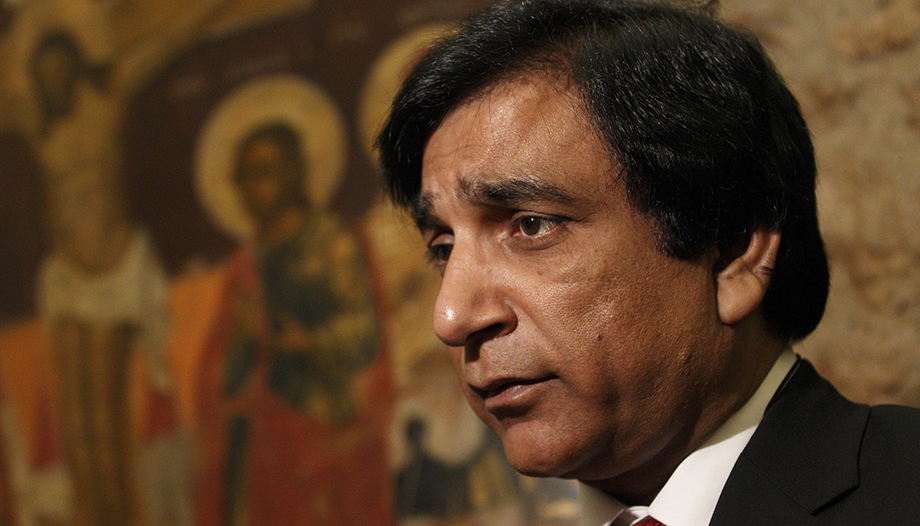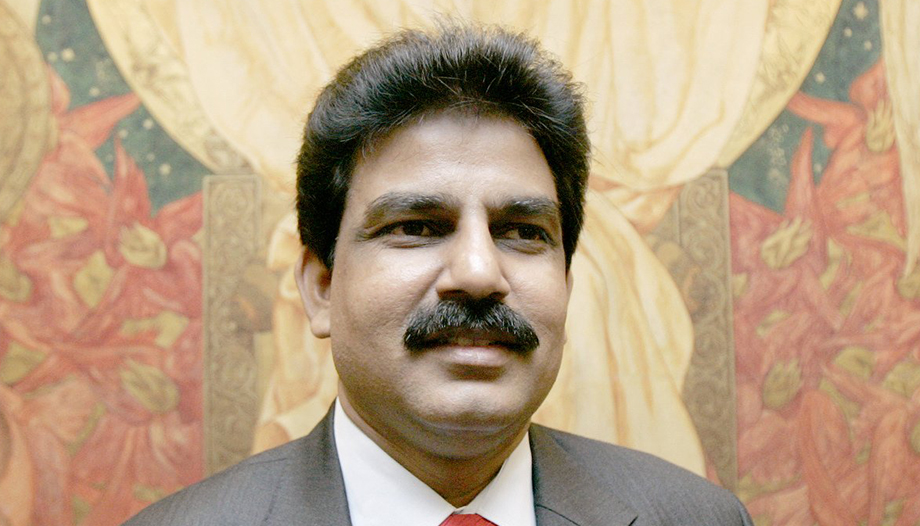A martyr of faith, consistent to the end, who showed how one can be a saint even in politics. He was Shahbaz Bhatti, minister for minorities and a fervent promoter of dialogue who dreamed of a united Pakistan in which all minorities could live in harmony.
Thirteen years after his assassination, which occurred on March 2, 2011 when he was 42 years old, in Islamabad, the Pakistani Christian Association in Italy organized a meeting held at the Palazzo Giustiniani of the Senate to pay tribute to the man who became a symbol not only for the great Asian country but for politicians around the world and who today is considered venerable by the Church.
The cause of beatification, in fact, was opened five years ago, as recalled by former parliamentarian Luisa Santolini, who was the first to welcome Bhatti in Italy: "A gentle person, a simple man, with a limpid gaze. He was a peacemaker. Whose only goal, he said, was to defend religious freedom and the very life of minorities".
It is no coincidence that some of Bhatti's relics, including his Bible, are now in the Basilica of St. Bartholomew on Tiber Island, the shrine of the new martyrs, beloved of St. John Paul II. And, as the journalist Manuela Tulli recalled, "from this part of the world it is hard for us to understand how difficult it is to live in such conditions".
Pakistan today
But what is the situation in Pakistan today? We asked Paul Bhatti, Shahbaz's brother, who took up his political legacy, although he had no intention of doing so, because when the news of the attack reached him he was in Italy, where he was on his way to a brilliant career as a doctor: "Pakistan is a country that has suffered a lot in the more than 75 years since independence. It has had political and economic instability, divisions, extremism, violence, conflicts with neighboring countries. Apart from the situation of Christians, it suffers a lot in all fields. This has left it fragile in every way. When a country is poor, there is political and economic instability, basic rights are violated. No government finishes its term of office and, consequently, there is no reform policy that guarantees a clear path. The only good thing is that even people who were against Shahbaz at the time are now convinced that his was a message for the whole of Pakistan, of unity in diversity. On the other hand, we still have 50% of illiteracy and education is another big problem that needs to be solved."
The figure of Shahbaz is still very dear to us: "The purpose of this meeting is to remember his courage, his faith, all that he did for the persecuted people in Pakistan. After 13 years, I still see, not only in our country, but internationally, that people talk about him, and especially when they talk about conflicts, they imagine such a figure, who had a strong faith, which gave him the courage he needed to fight against extremist ideologies".
The legacy of Shahbaz Bhatti
Paul Bhatti has taken over the baton from his younger brother and continues his work as president of the Alliance of Christian Minorities: "For us family members, such a violent loss of such a young person was shocking and obviously very painful. However, to see that his voice and his mission have also been welcomed in the rest of the world, as shown by this meeting, which was not organized by me, but by people who knew him and loved him, comforts us. His mission of peace, his goal of creating a peaceful coexistence, which we need today more than ever, as shown by the conflicts that exist everywhere, is an example, gives us courage and guides us to continue this challenge that the whole world is facing. Remembering Shahbaz means making known the path he followed to create a peaceful society and to fight against discrimination, hatred and violence."

Shahbaz dreamed of a Pakistan in which Christians and other minorities would have the same dignity as Muslims, where everyone could profess their faith without fear: "In the formation of Pakistan," explains Paul Bhatti, "Christians played a role. In our flag, the white part represents the religious minorities and the green part represents the Muslim majority. One of the things that mattered to my brother is that you cannot remain silent in the face of a person who is mistreated, whose basic right to religious freedom has been violated.
An example? "It amazed even us, the relatives. When they were starting to kill or imprison people because of the blasphemy law, they had sentenced a worker from a small town, who had two children. Shahbaz went there to collect money and brought the family to our house. We were terrified. There we understood him, and then together with others we helped him'.
Among the various testimonies, there was also that of Valeria Martano, coordinator for Asia of the Community of Sant'Egidio, who had met Bhatti the night before his assassination: "Shahbaz had not chosen a confessional policy," she recalls, "but he achieved great results that today are milestones in the life of Pakistan, such as the law that provides for the recruitment of 5% of minorities in public office and reserves 4 seats in the Senate, the opening of non-Muslim prayer places in prisons, the district committees for concord and interreligious dialogue. He left us a valuable political legacy through dialogue and the rejection of confrontation, a testimony of how faith can move mountains. He fought with his own hands and, in this sense, his life is a prophecy".
-Rome







